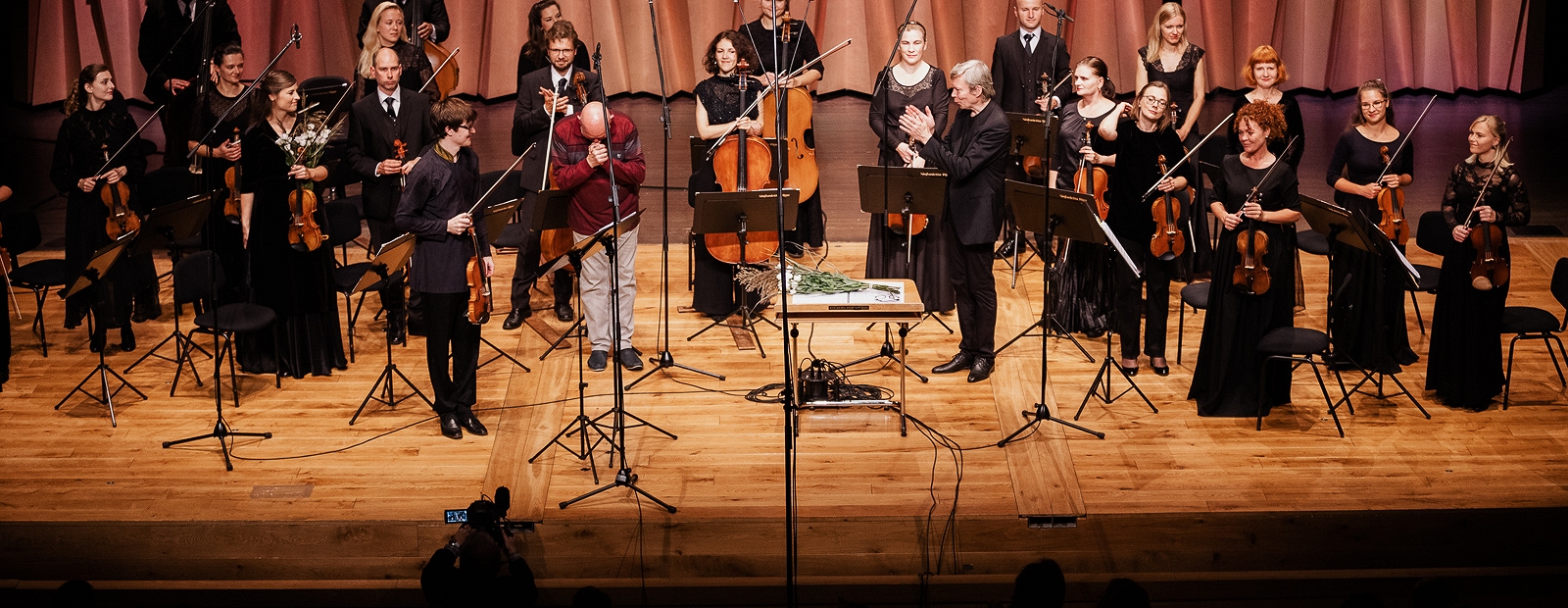“The 50th jubilee ascent to free space from the Russian ISS segment is over and all tasks have been fulfilled, including unfinished work from the last ascent,” said cosmonautics expert Michal Václavík from the Czech Space Office on Twitter.
–
He also pointed out an interesting fact that during the ascent into free space, Novickij and Dubrov also created a “satellite” from unnecessary packaging and covers, which they threw away from the ISS at 23:51 CET on Thursday.
–
(2/2) On their way into free space (VKD-50), astronauts Oleg Novický and Pyotr Dubrov created an “satellite” from unnecessary packaging and shelters, which they threw away from the International Space Station (ISS) on Thursday at 11:51 pm CEST. pic.twitter.com/VNHR0xDuRy
– Michal Vaclavik (@Kosmo_Michal) September 9, 2021
–
It was the second in a series of work shifts in free space during the commissioning of the multi-purpose laboratory module Nauka, which arrived at the ISS on July 29. Novicki and Dubrov successfully completed the first inning on Friday last week.
–
Poisk was the first to exit the research module Poisk on Thursday at 16:59 CEST, as it did last week. Together with Novický, he continued to connect the cables of the new module with the American section of the ISS. They also continued to install handrails to make it easier for astronauts to move outside.
–
They also attached a platform with three Biorisk-MSN containers to Poisk. It will be an experiment aimed at testing the resistance of microorganisms in extreme conditions of space.
–
The science is the first new module in the Russian part of the ISS since 2010. The crew will have to perform many tasks before it is fully operational, including a total of eleven ascents into free space.
–
The module is to expand the technical and operational capabilities of the Russian segment of the ISS. It will provide a connecting hub for Soyuz and Progress cargo ships, allow refueling from Progress ships’ tanks on the ISS, control the station’s orientation with its own engines, produce oxygen for six people, and regenerate urine water.
–
Russian astronauts also have a second toilet and cabin for a third crew member in Nauka. The module is equipped with the European robotic arm ERA, which allows manipulation on the outside of the orbital complex without the need for crew shifts in open space.
–
Space station alarm
The astronauts’ ascent was not endangered by the fact that smoke appeared in the Russian Zvezda module on Thursday night, triggering a fire alarm. According to the AP, the Russian space corporation Roskosmos confirmed that the incident took place in Zvezda, while charging the station batteries. Specifically, the smoke sensor and fire alarm triggered a short circuit during automatic battery charging.
–
Novicki directly reported to the flight control center smoke, odor and triggering an alarm on Thursday around 4:00 CEST. Subsequently, the devices detected the presence of harmful substances in the vicinity of the medical cabinet in the Zvezda module. Ventilation spread the smell of burnt plastic or electronics to the American part of the ISS.
–
According to Roskosmos, however, all systems are functioning normally and the air composition on board the ISS corresponds to standard parameters. The life support ventilation system filtered the smoke.
–
There are now seven astronauts on the orbital station: Americans Megan McArthur, Shane Kimbrough and Mark Vande Hei, Russians Dubrov and Novicki, Frenchman Thomas Pesquet and Japanese Akihiko Hoshide.
—


